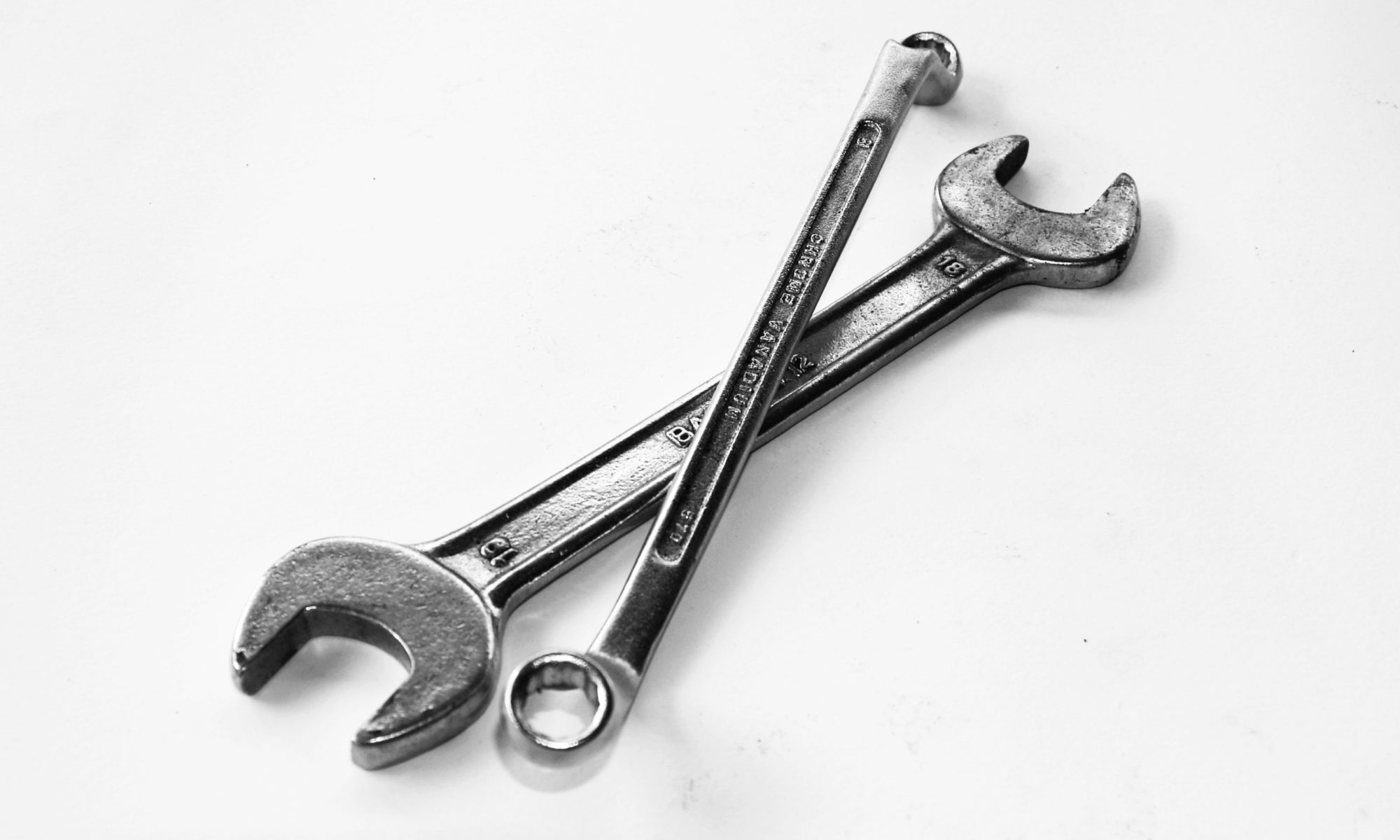Machinability is the defined as the ease with which a material can be machined. The American Iron and Steel Institute has determined that AISI 1112 Steel has a machinability of 100%. Other materials are compared below:
Carbon Steels
- 1015 – 72%
- 1018 – 78%
- 1020 – 72%
- 1022 – 78%
- 1030 – 70%
- 1040 – 64%
- 1042 – 64%
- 1050 – 54%
- 1095 – 42%
- 1117 – 91%
- 1137 – 72%
- 1141 – 70%
- 1141 annealed – 81%
- 1144 – 76%
- 1144 annealed – 85%
- 1144 stress-proof – 83%
- 1212 – 100%
- 1213 – 136%
- 12L14 – 170%
- 1215 – 136%
Alloy Steels
- 2355 annealed – 70%
- 4130 annealed – 72%
- 4140 annealed – 66%
- 4142 annealed – 66%
- 41L42 annealed – 77%
- 4150 annealed – 60%
- 4340 annealed – 57%
- 4620 – 66%
- 4820 annealed – 49%
- 52100 annealed – 40%
- 6150 annealed – 60%
- 8620 – 66%
- 86L20 – 77%
- 9310 annealed – 51%
Stainless Steels and Super Alloys
- 302 annealed – 45%
- 303 annealed – 78%
- 304 annealed – 45%
- 316 annealed – 45%
- 321 annealed – 36%
- 347 annealed – 36%
- 410 annealed – 54%
- 416 annealed – 110%
- 420 annealed – 45%
- 430 annealed – 54%
- 431 annealed – 45%
- 440A – 45%
- 15-5PH condition A – 48%
- 17-4PH condition A – 48%
- A286 aged – 33%
- Hastelloy X – 19%
Tool Steels
- A-2 – 42%
- A-6 – 33%
- D-2 – 27%
- D-3 – 27%
- M-2 – 39%
- O-1 – 42%
- O-2 – 42%
Gray Cast Iron
- ASTM class 20 annealed – 73%
- ASTM class 25 – 55%
- ASTM class 30 – 48%
- ASTM class 35 – 48%
- ASTM class 40 – 48%
- ASTM class 45 – 36%
- ASTM class 50 – 36%
Nodular Ductile Iron
- 60-40-18 annealed – 61%
- 65-45-12 annealed – 61%
- 80-55-06 – 39%
Aluminum / Magnesium Alloys
- aluminum, cold drawn – 360%
- aluminum, cast – 450%
- aluminum, die cast – 76%
- magnesium, cold drawn – 480%
- magnesium, cast – 480%
